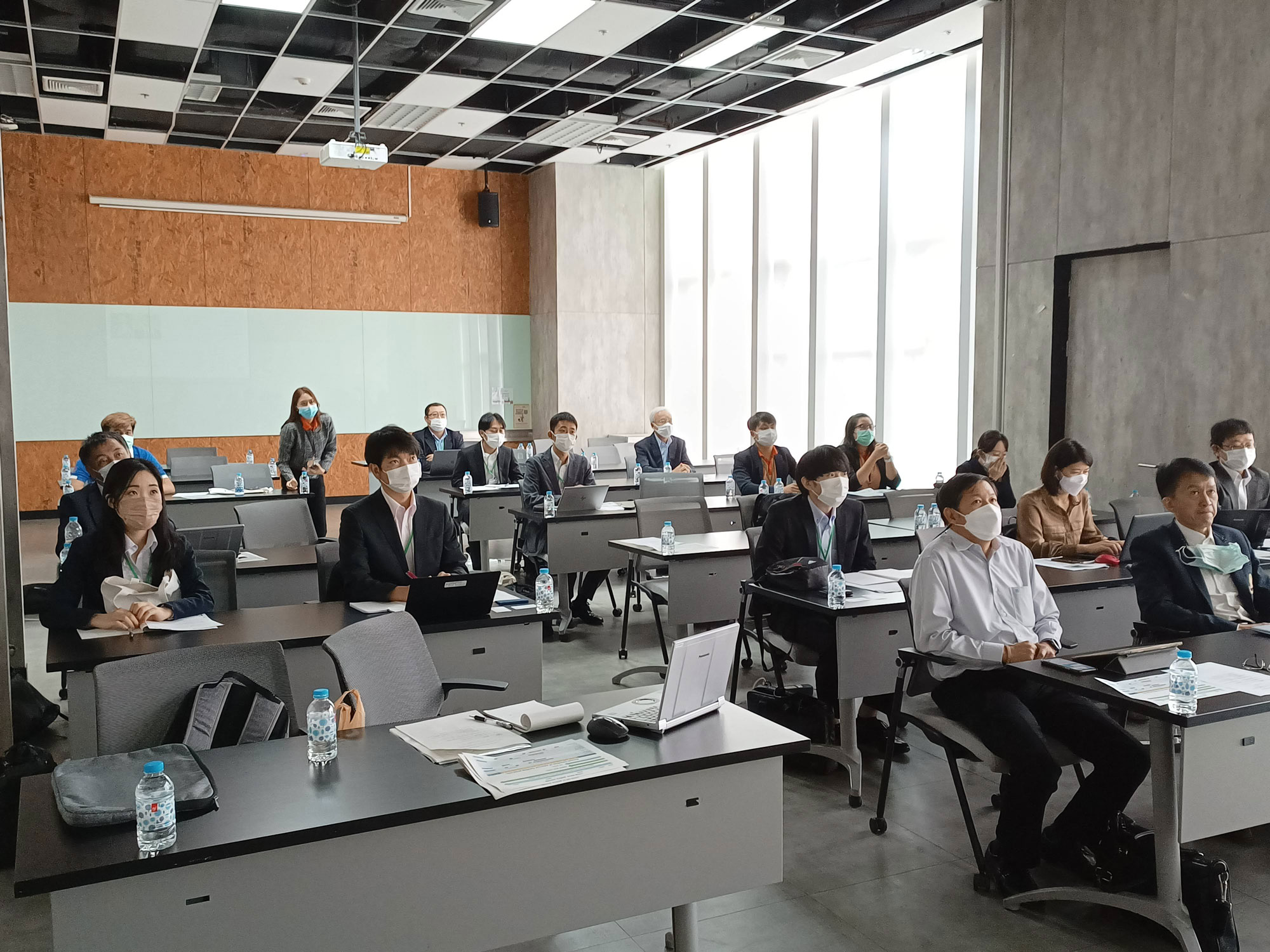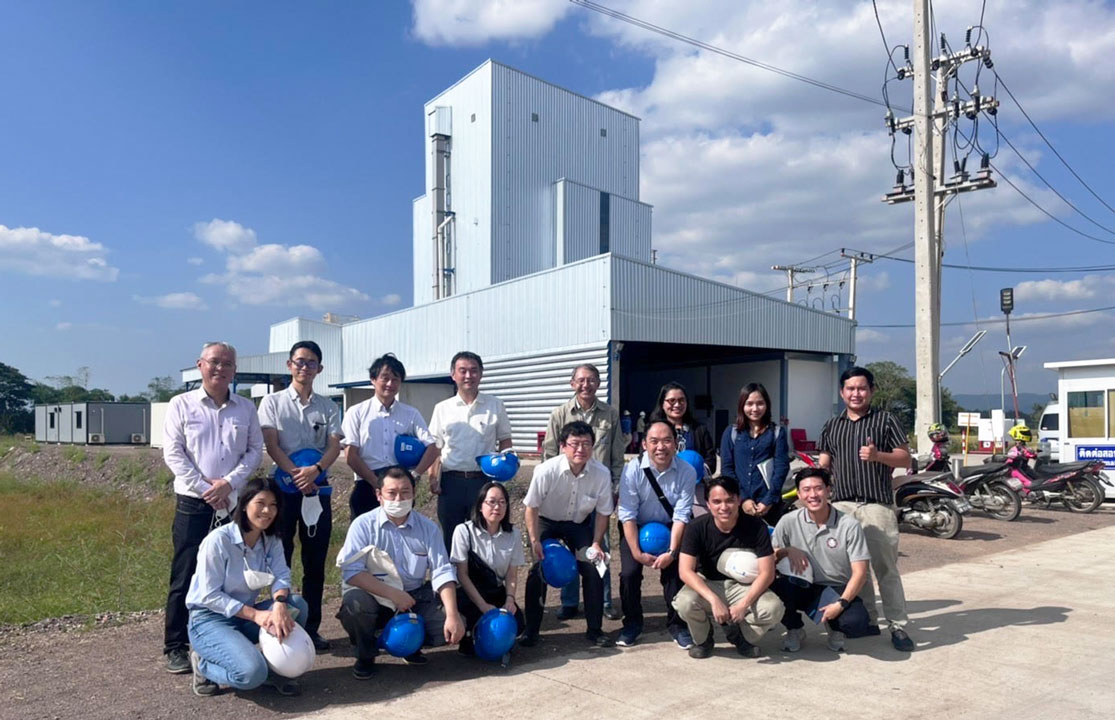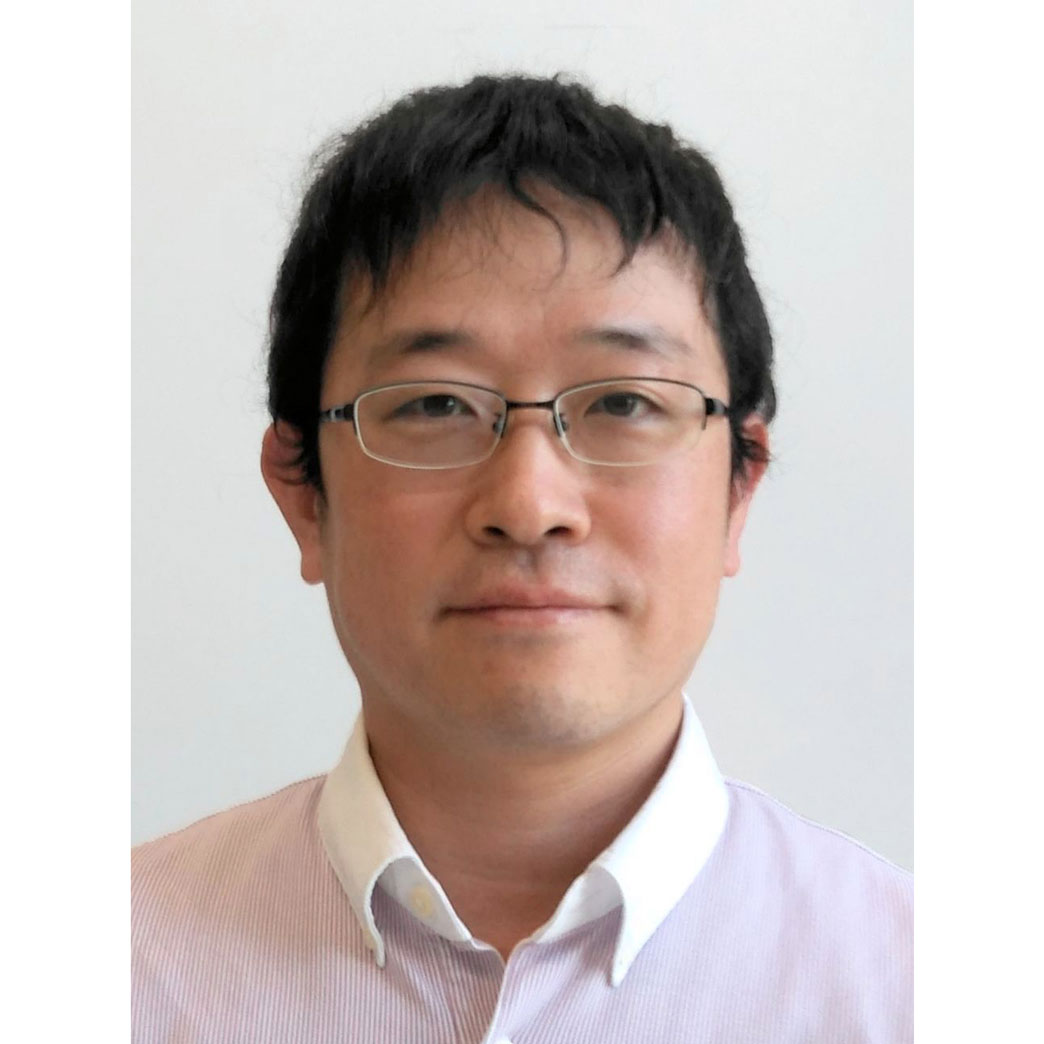Formation of a research team based in Thailand and ASEAN countries for developing effective utilization techniques of biomass
Project Gist
Contributing to solving environmental problems through advanced utilization of biomass waste in Southeast Asia
Keywords
biomass, highly-efficient power generation, solvent treatment, PM2.5, Southeast Asia
Background and Purpose
In continental Southeast Asia including Thailand, Laos, and Myanmar etc., PM2.5, an air pollutant produced by open burning of rice straw, rice husks, sugarcane bagasse, etc., is spreading into urban areas by monsoons, causing respiratory diseases among citizens, which has long been a complex transboundary issue. We have recently developed new biomass waste conversion technologies, which can efficiently convert biomass wastes into electricity or useful materials. This project aims to form an international joint research team to realize the new technologies developed by us in ASEAN countries, which can contribute to the suppression of PM2.5 emissions from biomass open burning.
Project Achievements
A workshop and field survey were conducted in Thailand to investigate the PM2.5 situation in Thailand and other ASEAN countries, the latest local technological developments in both academia and industry, and to discuss what kind of research and activities are required for the future as a research team. The team succeeded in obtaining competitive external funding for their research, and furthermore, based on the discussions during the survey, we are preparing to try to obtain external funding with a new team. In addition, human exchange has been promoted by accepting a postdoc researcher and an undergraduate student from Thailand at Kyoto University.
Future Prospects
We will actively apply for international joint research projects in various frameworks based on the new teams formed in this project, continuously strengthen and expand team collaboration. In addition, with the aim of implementing the proposed new biomass conversion technologies in Southeast Asia, we will promote research and development to make the technologies suitable for the local social conditions.
Figure


Principal Investigator

ASHIDA Ryuichi
Graduate School of Engineering
Postdoctoral Fellow at Pennsylvania State University, USA, 2004; Assistant Professor at Kyoto University, 2005; Junior Associate Professor at Kyoto University, 2016. He is mainly engaged in the development of effective utilization methods for low-grade carbonaceous resources such as biomass, brown coal, and heavy oil.
Related URL: https://youtu.be/M1SIph1CvE0
